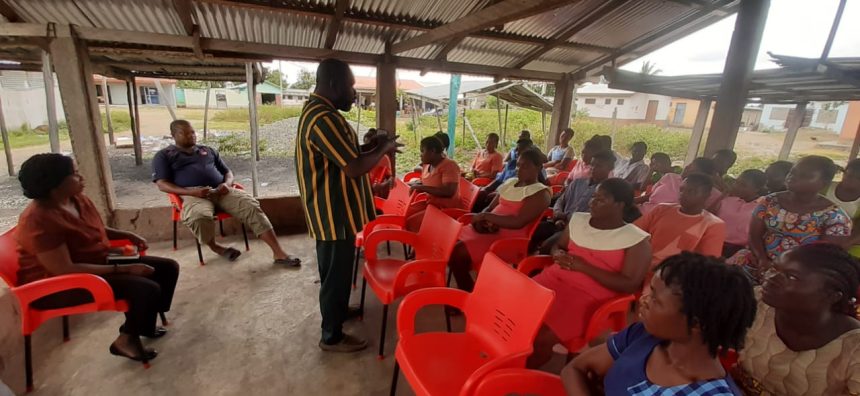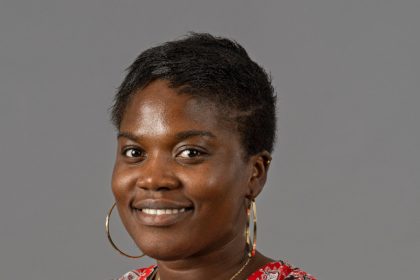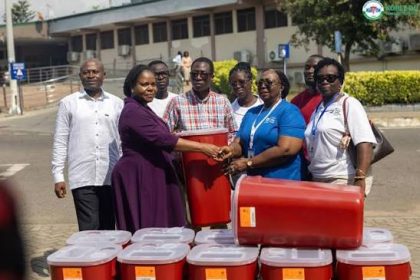The Edem Sickle Cell Foundation (ESECF), in partnership with the National Commission for Civic Education (NCCE), has commemorated the 2025 Sickle Cell Awareness Month in the Central Tongu District.
The event was marked with a sensitisation programme for members of the National Garment Association of Tailors and Seamstresses.
The event, held at the association’s hall in Adidome under the theme: “Global Action; Local Impact – Empowering Communities for Effective Self-Advocacy,” formed part of efforts to intensify public education on sickle cell disease and encourage community-driven advocacy.
Mr. Courage Komla Ofori, the Chief Executive Officer of ESECF, said the Foundation was poised at creating awareness, educate the public, and support persons living with sickle cell disease, whom he described as “warriors.”
He explained that the Foundation’s vision was to ensure healthier lives for children, beginning with the Central Tongu District as part of its social responsibility to equip the local population before extending to other districts.
He further explained that sickle cell disease is a genetic blood disorder inherited from parents with carrier traits such as AS, SC, or SS, and could result in severe health complications including acute chest syndrome, stroke, vision impairment, and chronic pain.
“This condition is not by choice; it is inherited. That is why education, genetic counselling, and early testing are crucial,” he said.
Guest speakers at the event, Mr. Frank Azumah and Madam Doris Wangba, both representatives of the NCCE, emphasised the need to break the silence surrounding sickle cell disease and promote open dialogue within communities.
They called for early screening of newborn babies to aid prompt medical care and urged young people to know their genotypes before accepting marriage proposals.
They also encouraged participants to act as advocates among their peers while highlighting the importance of preventing teenage pregnancies as part of efforts to reduce the risk of passing on the condition.
The sensitisation programme brought together 37 participants, comprising five males and 31 females, who were taken through discussions on early testing, stigma reduction, and the need for effective self-advocacy.
Data compiled by the Foundation indicated an increase in reported cases in Central Tongu, with 64 cases recorded in 2022, 83 in 2023, and 87 in 2024.
Mr. Ofori said the figures underscored the urgent need for awareness creation, community support systems, and improved healthcare interventions to manage the condition.
He appealed to government, health professionals, and civil society organisations to collaborate with the Foundation to strengthen advocacy and provide sustainable support for families.
“Sickle cell is not a death sentence. With the right care and support, our warriors can live healthy, productive lives,” he emphasised.
Beneficiaries of the programme lauded the initiative, describing it as timely and eye-opening. They said the training had deepened their understanding of the genetic nature of sickle cell disease and underscored the importance of early testing before marriage and childbirth.
Others commended the Foundation for paying particular attention to the needs of women and children, noting that the discussions had equipped them with practical knowledge to support family members living with the condition.
GNA






